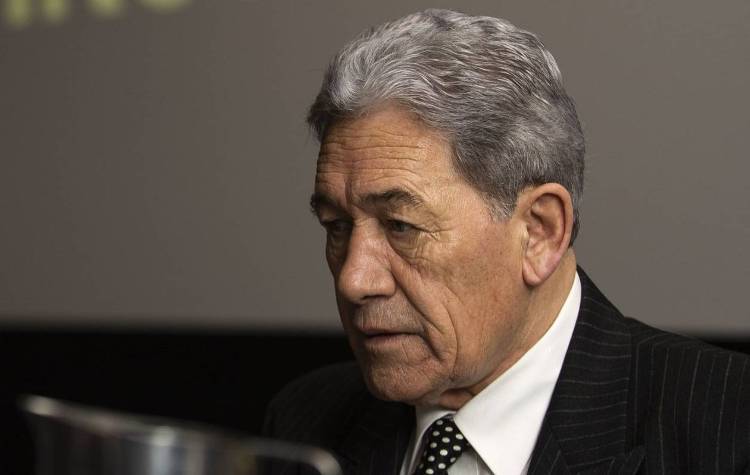New Appointments to PACDAC: Strengthening NZ’s Leadership in Disarmament and Arms Control
“The Committee brings together a wealth of expertise to address pressing global disarmament challenges,” said Mr. Peters.

- Country:
- New Zealand
Foreign Minister Winston Peters has unveiled the new membership of the Public Advisory Committee on Disarmament and Arms Control (PACDAC), appointing eight distinguished experts to guide New Zealand’s disarmament and arms control policies.
“The Committee brings together a wealth of expertise to address pressing global disarmament challenges,” said Mr. Peters. “With six new appointees and two reappointments, we’re ensuring both innovation and continuity in PACDAC’s critical advisory role.”
New Appointees Bring Diverse Expertise
The six new members appointed to the Committee include:
Professor Bethan Greener, an international security lecturer and researcher known for her work on peacekeeping and conflict resolution.
Dr. Marianne Hanson, an expert in disarmament and arms control with extensive research on nuclear non-proliferation.
Dell Higgie, a former New Zealand disarmament ambassador with deep diplomatic experience.
Olivia Shimasaki, a youth advocate for disarmament and campaigner for global nuclear disarmament awareness.
Julian Tangaere, a specialist in nuclear testing and chemical weapons, offering technical and policy insights.
Angela Woodward, an international lawyer with expertise in verification mechanisms for nuclear, chemical, and biological weapons.
Reappointed members include:
Emeritus Professor Kevin Clements, a leading scholar in peace and conflict studies, who provides a strong foundation of experience in global disarmament issues.
Martin Donoghue, a former New Zealand Army engineer with expertise in landmine clearance and humanitarian efforts.
Recognizing Outgoing Members
The Minister expressed gratitude to outgoing members Mary Wareham, Jamila Homayan, Edwina Hughes, Ena Manuireva, and Lucy Stewart for their dedicated service over the past three years.
PACDAC’s Mandate and Role
Established under the New Zealand Nuclear Free Zone, Disarmament and Arms Control Act 1987, PACDAC plays a pivotal role in advising the Foreign Affairs Minister and the Prime Minister on disarmament and arms control issues. Key responsibilities include:
Providing policy advice on international and regional disarmament initiatives.
Funding projects and scholarships to advance disarmament education.
Supporting non-governmental organizations implementing the 2002 United Nations Study on Disarmament and Non-Proliferation Education.
Expanded Initiatives Under New Leadership
Mr. Peters emphasized that the newly reconstituted Committee will tackle evolving challenges in global disarmament, including emerging technologies such as autonomous weapons and cyber threats. The Committee is expected to strengthen New Zealand’s voice in advocating for:
Nuclear disarmament and compliance with the Treaty on the Non-Proliferation of Nuclear Weapons (NPT).
The prohibition of landmines and cluster munitions under international conventions.
Advancing the implementation of the Treaty on the Prohibition of Nuclear Weapons (TPNW), which New Zealand has championed on the global stage.
Investing in Disarmament Education
PACDAC will continue funding grassroots initiatives and academic programs to educate the next generation on disarmament and arms control. These efforts aim to foster a global culture of peace and ensure sustained progress toward a world free of nuclear and conventional weapons threats.
“New Zealand has long been a leader in disarmament and arms control. The expertise and dedication of PACDAC’s new members will ensure we remain at the forefront of global efforts to promote peace, security, and a nuclear-free world,” Mr. Peters concluded.
Looking Ahead
The new PACDAC members will begin their three-year term with an ambitious agenda to address global disarmament challenges, leverage New Zealand’s leadership role, and support international cooperation on critical security issues.










